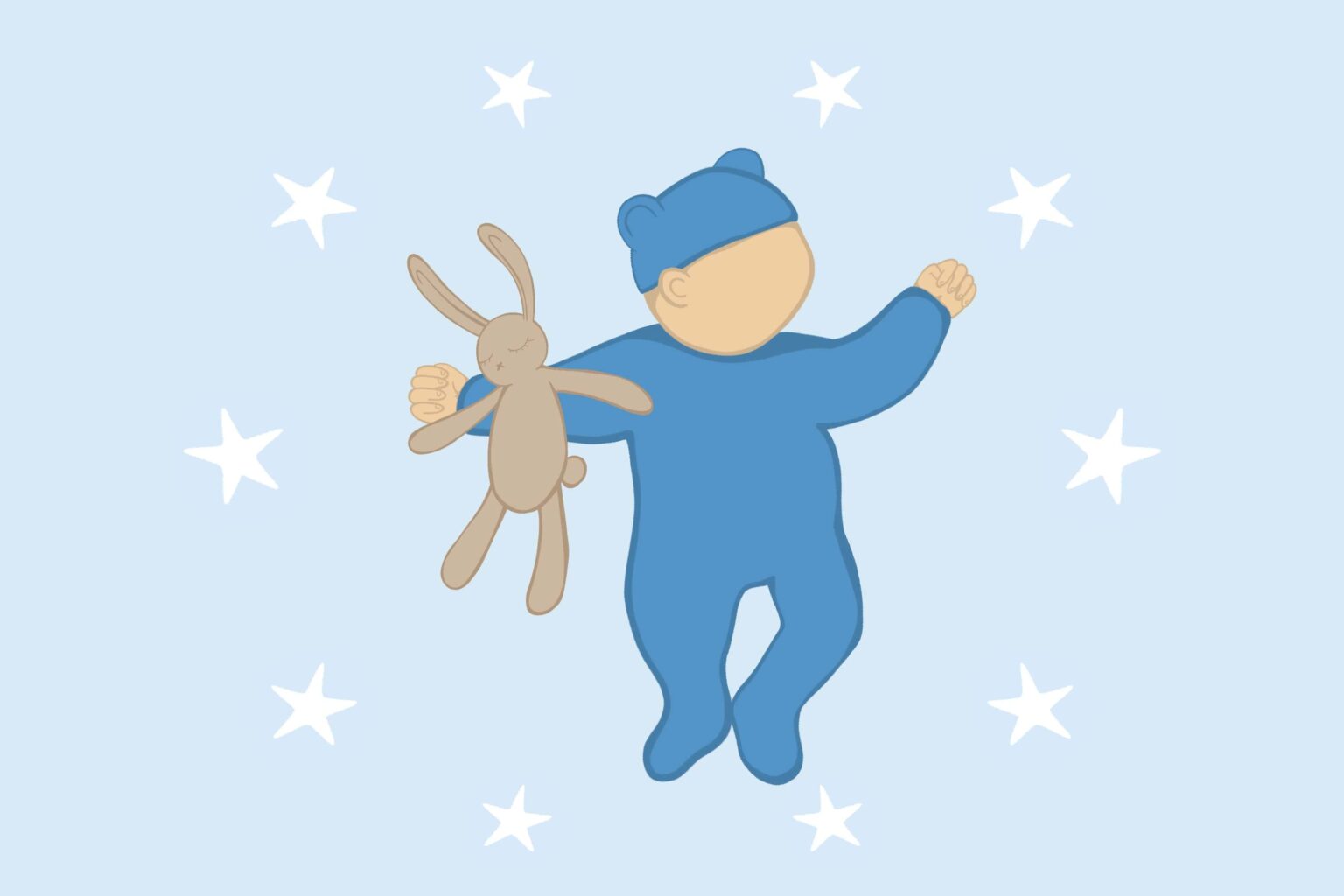5 Week Old Baby Development

5 Week Old Baby Development! It’s exciting to pass the 1-month milestone and see all the incredible new things your baby can do. Around this time, your baby will start giving real smiles and lifting his or her head to better interact with you and the outside world, which is full of interesting things like new sounds, sights, and even smells.
Ideally, by this time you and your baby will have a breastfeeding routine in the works. This can take time, but waiting a few weeks before introducing another nipple type to a baby can help. While there’s no rush, you can consider introducing a bottle at this time. This is especially true if you may be going back to work soon. Introducing a bottle on your own timeline can make for a smoother transition.
As a general rule, introducing a bottle sometime before six months will likely mean your baby won’t refuse it later on.
Navigating breastfeeding challenges
If you are breastfeeding, no doubt you’ve come across some of the more common challenges moms encounter with breastfeeding, including:
Breastfeeding in public/at work. Did you know 45 states have laws allowing breastfeeding in public? Also, a provision of the Affordable Care Act is that companies who have 50 or more employees must provide break time and a private place for pumping moms.
Breastfeeding and birth control. If the birth control pill was your contraceptive method of choice pre-baby, you may wish to return to it after giving birth. However, combination birth control pills that have estrogen may decrease milk supply in breastfeeding moms (studies aren’t 100 percent conclusive on this). You can try a progesterone-only birth control pill or talk to your doctor about other options.
Mastitis and fungal infections. Mastitis is a breast infection that typically occurs in the first six weeks of breastfeeding (although it can certainly occur later). Symptoms of this condition include breast tenderness, swelling, and a burning sensation when breastfeeding. You may also have flu-like symptoms. While the bacteria won’t harm your baby, it’s important to take care of yourself through steps like applying ice packs after feedings, massaging your breasts, and applying heat to the breast before feeding your baby.
Sore nipples. If you have persistent nipple soreness, it’s time to reach out for help. While breastfeeding can make your nipples sore the first week or so after starting nursing, continued nipple soreness can indicate your baby could be getting a better latch. The longer you wait, the more complications can occur, so reach out to your doc or hospital’s lactation consultant for help.
Food allergies and breastfeeding
Sometimes your baby may have a food allergy to something you’ve eaten that is passed on to your breast milk. Symptoms your baby may have a food allergy include hives, vomiting, reflux, failure to gain weight well, and bloody stools. It’s also possible (but rare) that your baby can have trouble breathing due to a food allergy. The most common food allergen is cow’s milk, but others exist.
5 Week Old Baby Development, Get answers to your biggest breastfeeding questions with Bundoo OB/GYN, Dr. Jen Lincoln.
Powered by Bundoo®










